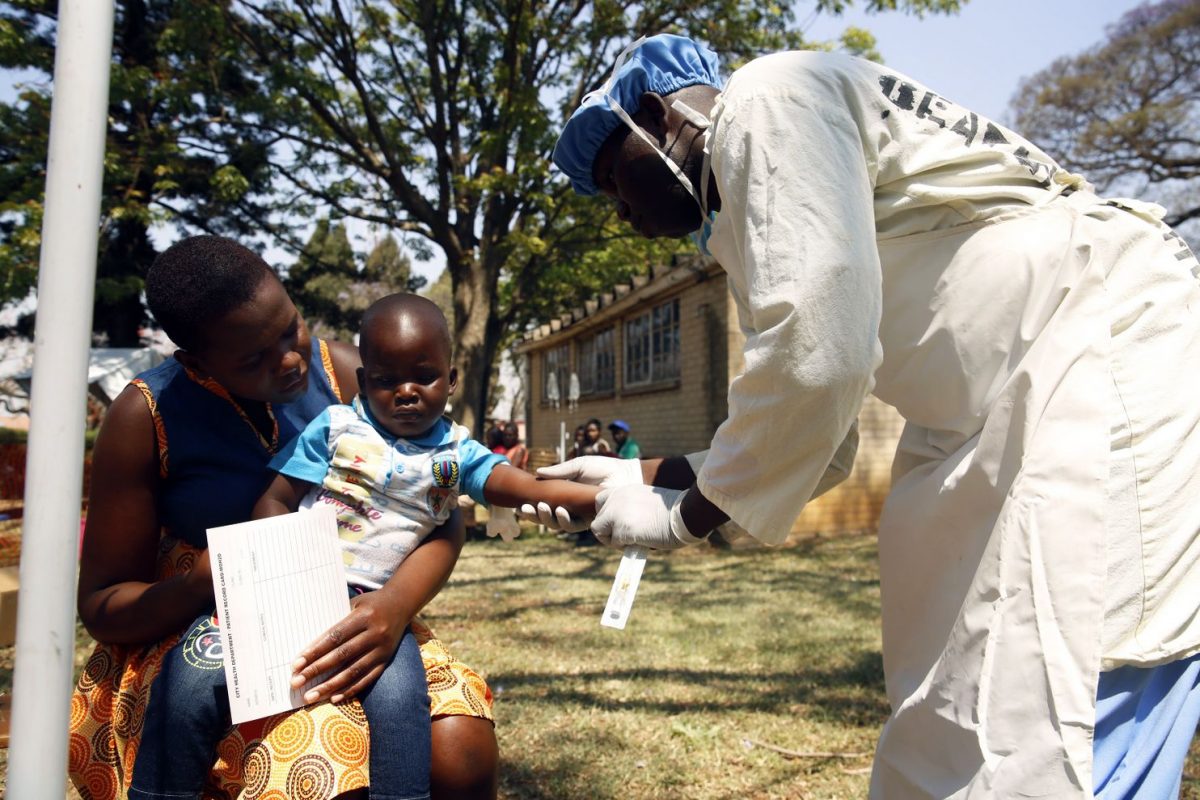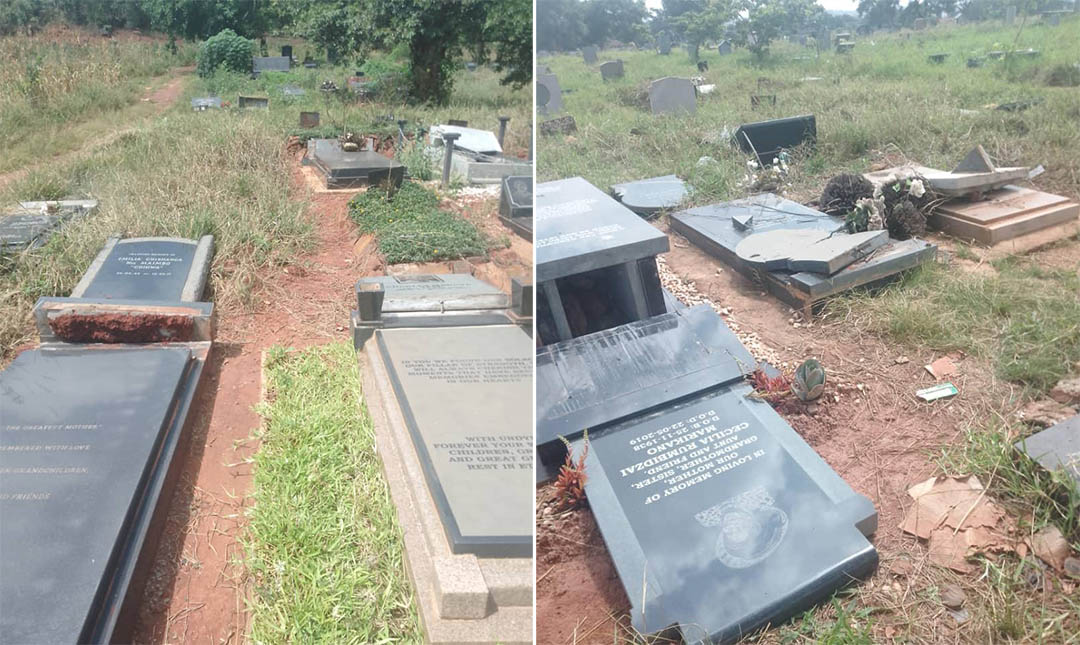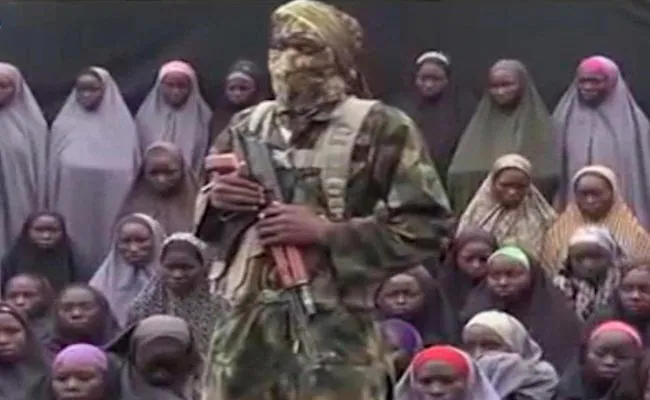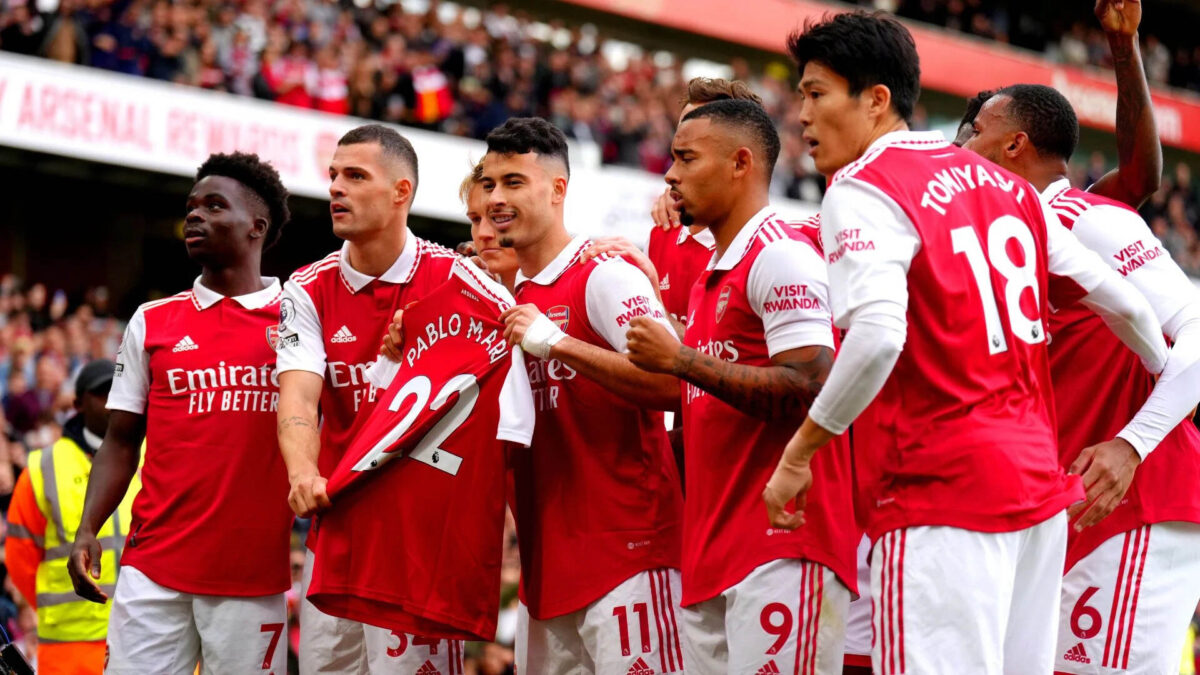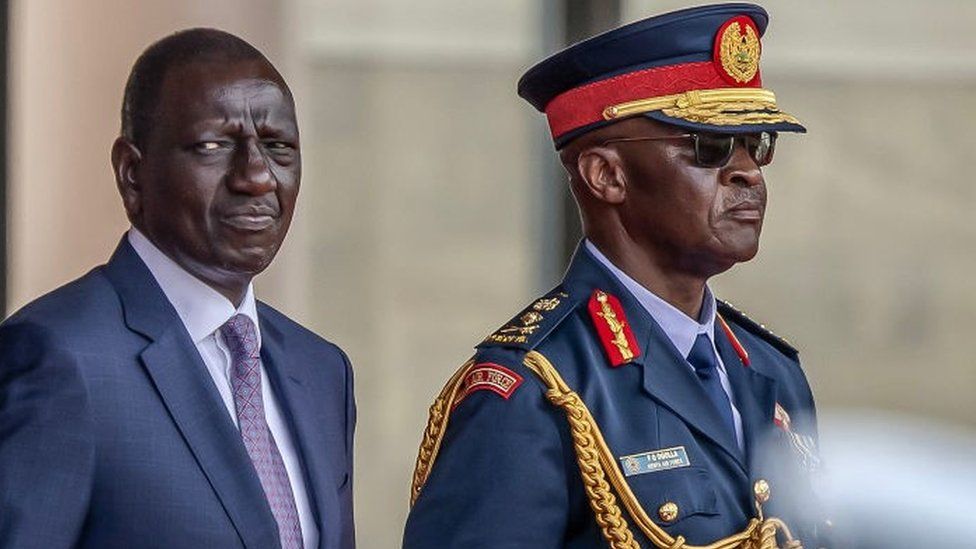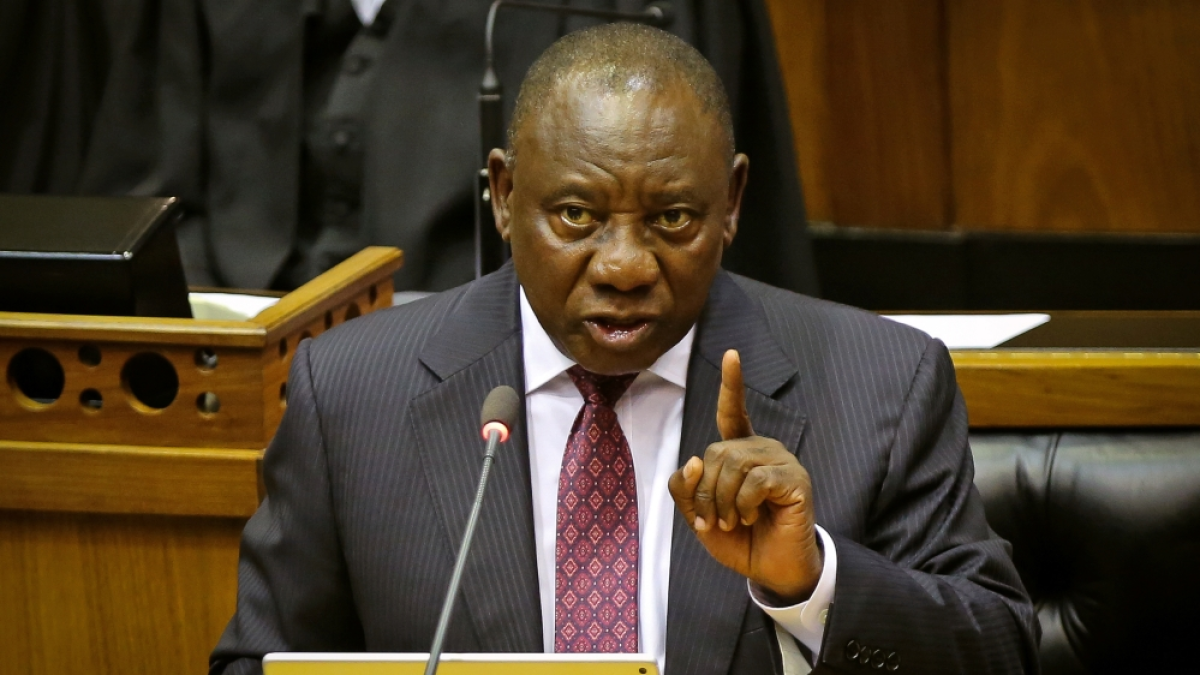HARARE – The Ministry of Health said Friday that the cholera death toll in Harare had risen to 27 after two people died during the day.
Bulawayo, the second city, said it had placed three people exhibiting cholera symptoms under quarantine at Thorngrove Isolation Hospital.
The cash-strapped government, meanwhile, continued to plead for financial and material donations to aid its nationwide response to the health crisis.
The developing health emergency is testing the capacity of the government of President Emmerson Mnangagwa to handle a major crisis, amid rising anger around the country.
The MDC and Zanu PF continued to trade blame for the crisis. The MDC, which is the majority party in all major urban centres, blames the government for failing to settle its debts to local authorities running into hundreds of millions.
The MDC also accuses the government – which has launched an international crowdfunding appeal – of failing to prioritise expenditure by spending millions of scarce foreign currency buying vehicles for traditional chiefs and ministers while neglecting decaying urban infrastructure, believed to be the cause of the latest cholera outbreak.
“The cholera crises is as unpardonable as it is man-made,” said MDC MP Tendai Biti. “This government has failed to provide capital funding to local authorities to address water infrastructure challenges. They have failed the people. The international community sadly must fill in the gap created by State Capture.”
Biti said Mnangagwa, who won a disputed election in July, was discovering that “rigging does not pay.”
“How does an illegitimate government that is spending millions on private jets, luxury vehicles, institutional capture and corruption suggest crowdfunding for cholera to a battered population? This is a potent cocktail of stupidity and naivety.”
The World Health Organisation (WHO) and the Red Cross said they were ramping up their emergency responses.
The WHO said it was providing kits that contain oral rehydration solution, intravenous fluids and antibiotics as the outbreak expanded quickly, although the epicentre remains the suburb of Glenview in Harare.
The International Red Cross in Zimbabwe said it had deployed more than 1,000 volunteers to contain the outbreak. Residents in Harare were dealing with a “double punch” after a recent outbreak of typhoid.
“It’s so painful to lose a lot of people and we are finding it difficult to mourn them under the circumstances,” Sharon Chiwomboya, mother of a cholera patient, said outside a clinic in Glenview suburb. “We fear for our school-going kids who are also affected, as well as adults.”
The University of Zimbabwe postponed a graduation ceremony set for Friday due to the cholera outbreak, and police ordered the MDC to abandon its plans to stage 19th anniversary celebrations at Gwanzura Stadium on Saturday. The party said it would comply.
Mnangagwa faces the difficult task of rebuilding an economy that collapsed under his party’s nearly four-decade rule. Rebuilding infrastructure is hard for a government that spends 93 percent of its $4 billion annual budget on salaries.
The latest cholera outbreak hit the city of 1.5 million people after burst sewers in the Budiriro and Glenview suburbs contaminated water in boreholes used by residents. Harare’s population draws water from Lake Chivero, originally meant for 300,000 people, while a new dam first mooted in the 1990s is still to be constructed due to funding problems.
“The current cholera epidemic is a terrible consequence of Zimbabwe’s failure to invest in and manage both its basic water and sanitation infrastructure and its health care system,” Jessica Pwiti, Executive Director of Amnesty International Zimbabwe, said.
New Health Minister Obadiah Moyo blamed the opposition-controlled city government.
“Someone was probably sitting on their job,” he said. “This whole problem has arisen as a result of blocked sewers and these were reported and were never repaired for at least two months.”
The MDC says the central government should have provided more money. Harare city council officials have said they need up to $10 billion to repair water, sewers and roads.
The city is unable to buy spares outside the country for repairs because the Reserve Bank has no foreign currency.
In the capital, long stretches of roads have been reduced to potholed dusty tracks. Roads in other towns are in a worse state of disrepair because government services are non-existent.
Raw sewage flows daily from blocked and burst pipes and garbage piles up in some city townships. Residents in some suburbs in Harare have not had running water for years and use open wells.
Bulawayo, whose infrastructure is holding better than Harare’s, said three people had been admitted to the Thorngrove Isolation Hospital for assessment – but officials maintained they were fully prepared.
Nesisa Mpofu, the Bulawayo City Council’s senior public relations officer, said: “The City of Bulawayo is also on high alert as we continue to monitor water quality to ensure that our water is safe for drinking. In the event of a communicable disease case such as cholera or typhoid, we have a hospital ward set aside for such diseases at the infectious diseases hospital, Thorngrove.
“To also prepare for such emergencies, the City of Bulawayo crafted an Emergency Preparedness and Response Plan. In cases of diarrhoea or suspected typhoid or cholera, patients are encouraged to visit their nearest (or preferred) health facility and all private practitioners must report any such case to the City Health Department.”
Zimbabwe’s debt of $11 billion to foreign lenders like the World Bank and Africa Development Bank make it difficult to borrow to finance infrastructure development.
At the height of Zimbabwe’s economic crisis in 2008, 4,000 people died from cholera and more than 40,000 were infected.
(Additional reporting MacDonald Dzirutwe, Reuters)
